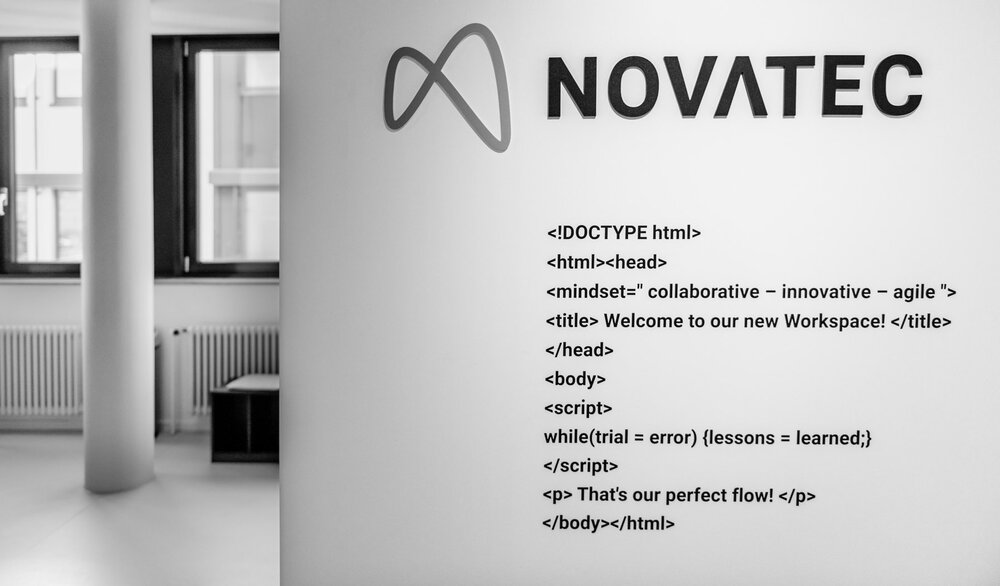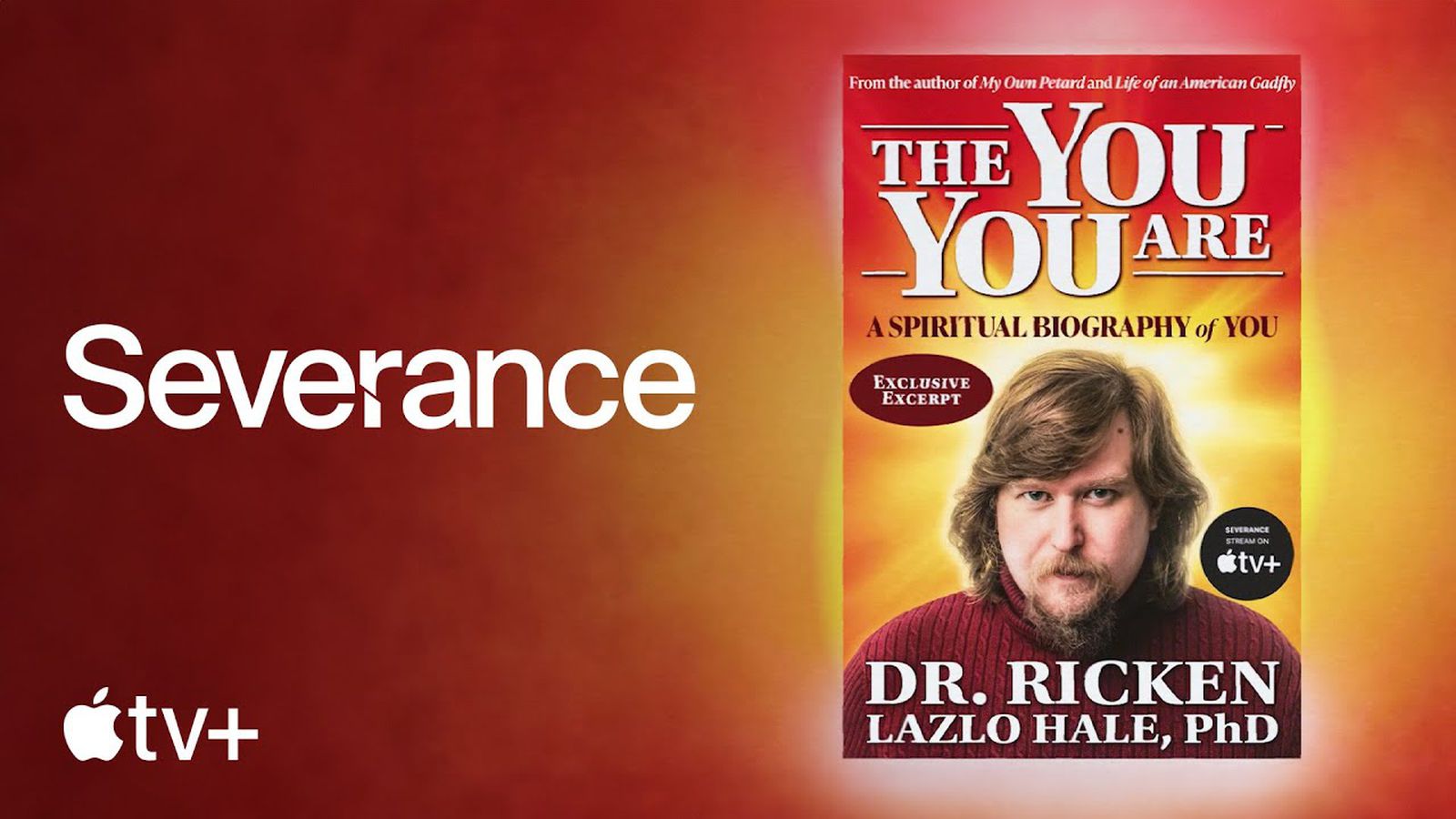AMERICANS living in two states could get $500 checks every month as part of a new basic income program.
The program, run by a non-profit called UpTogether, is distributing “unrestricted” money to 103 families.
1
It’s giving the payments to people in Michigan and Illinois, without strings attached.
NO STRINGS
UpTogether is essentially a basic income system, aimed at those making less than 80% of their area median income.
Such systems give money to those in need without the kinds of monitoring requirements common to welfare programs.
In this case, the money is supported by private donors, though some in recent years have been supported by funds from the federal government.
“These initiatives aim to demonstrate the power of direct cash investments in helping families achieve financial security and economic mobility,” UpTogether said in a statement to the U.S. Sun.
The program started paying people in September, and will last for a year.
“It’s not just about the money. It’s about the confidence it gives you,” one recipient shared. “I can walk into a store, look people in the eye, and know I can buy what I need. It’s given me breathing room to start over and focus on healing.”
Proponents of such systems typically say that allowing people to spend their support money on whatever they want gives recipients autonomy and eliminates monitoring needs.
“We believe families know best how to meet their own needs when given the resources and trust to do so,” Astar Herndon, Midwest Partnership Director at UpTogether said in a statement.
“These initiatives show that families across Illinois and Michigan can benefit from direct cash investments, and their stories are critical in advocating for broader policies and practices that promote trust and economic mobility,” she added.
BASIC INCOME SPREADING
Since 2020, many governments began experimenting with basic income programs.
Cities like Evanston, Illinois have tried paying out money to citizens in need, often with an eye to diversity and righting historic wrongs.
The Evanston payments went towards people in a historically segregated neighborhood, for example.
Some governments disbursed federal money via the programs.
Since they’re so closely connected with diversity and inclusion efforts, it’s unclear what the future holds for such programs, with the new federal government under President Trump spurning all things relating to “diversity, equity and inclusion.”
However, UpTogether can continue to fund its beneficiaries thanks to private donations.
How does Guaranteed Income work?

Guaranteed Income and Universal Basic Income programs have taken off in popularity recently.
After the Biden administration’s American Rescue Plan of 2021 sent stimulus money to local governments, dozens began testing guaranteed income (GI) systems.
The specifics vary, but GI typically involves payouts to people with low incomes. Unlike traditional welfare, there are no job requirements, drug tests, or other strings attached.
Some have pushed for a Universal Basic Income (UBI), which would go to everyone regardless of how much money they make at work. Alaska has used a similar system since the 1970s.
Proponents say this alleviates poverty while incentivizing work, unlike classic welfare, which cuts benefits from people who begin earning “too much” money to qualify.
Opponents argue such a system is too expensive to function on a large scale and suggest Americans should avoid becoming reliant on government money.
With some cities heralding the success of GI programs, some Republican-led states have moved to ban them. States like Texas and Iowa, for example, have undermined major spending plans by pushing against GI.
The appeal of such programs have spread in recent years, and some have even called for a “universal basic income” to replace welfare or exist alongside it.
In San Francisco a similar program was paying $500 per month for 18 months.
Another program in Chicago is coming to an end after a two-year run.
A new program in L.A. is giving money to 250 students.
Mount Vernon, New York, has also payed its residents.







